Leading Swiss machine supplier bets on growth despite industry troubles
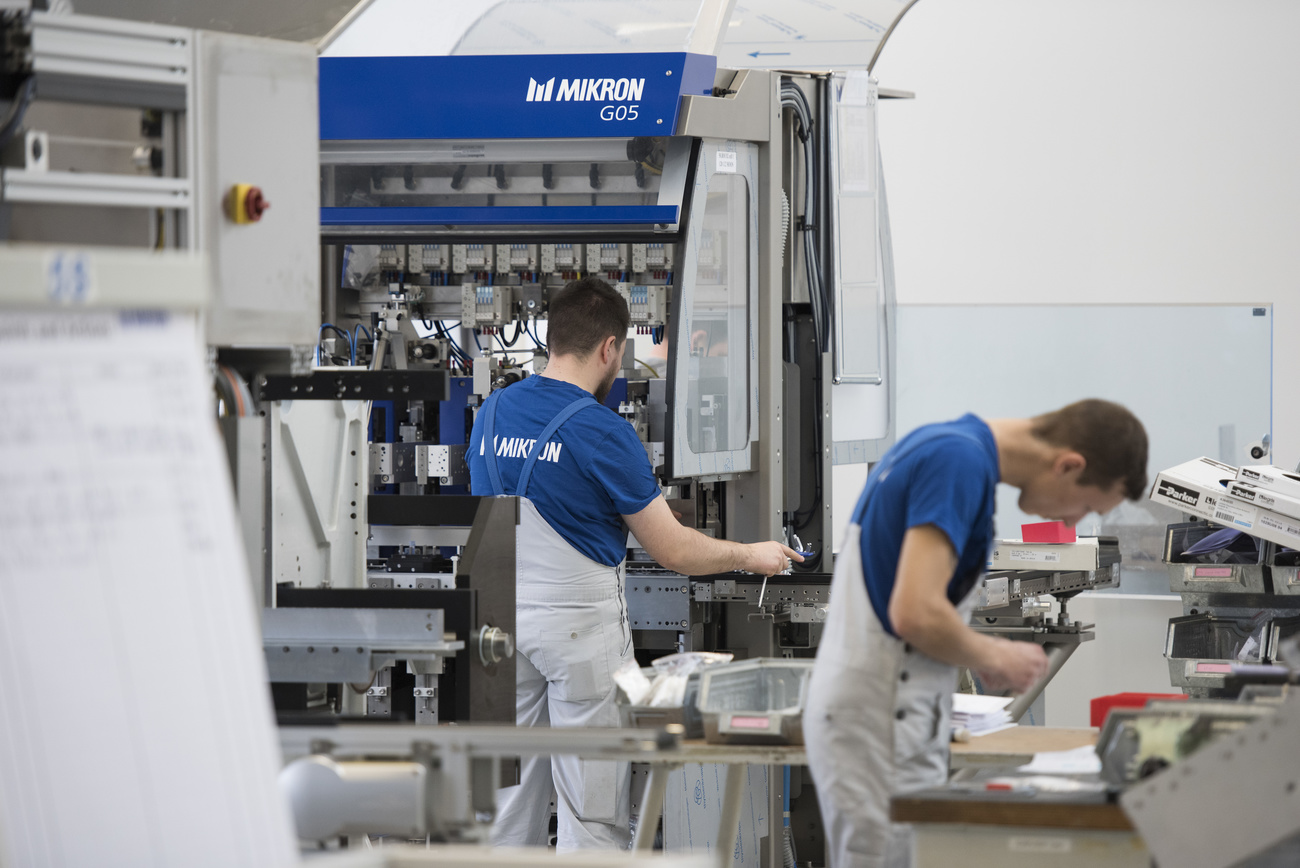
Buoyed by record watch exports, machining-systems supplier Mikron had a good year in 2023. Despite dark clouds hovering over Swiss manufacturing, CEO Marc Desrayaud is bullish about the future.
Founded in 1908 in the city of Biel, 30km north of the capital Bern, Mikron supplies automation solutions and high-precision machine tools to key sectors like watchmaking, pharmaceuticals, consumer goods and the auto industry.
Despite the difficulties now being experienced by Swiss industry generally, the company – which is listed on the Swiss stock exchange and employs nearly 1,500 people – posted good resultsExternal link in 2023. SWI swissinfo.ch spoke to Marc Desrayaud, who has been CEO of the Mikron group since June 2021.
After receiving a master’s degree in electronics from the University of Lyon and a degree in industrial marketing from the IDRAC Business School in Lyon, Desrayaudheld a series of executive positions in Switzerland at ABB, Rieter Textile Machinery, Autoneum and Oerlikon. In June 2021, he took the helm at Mikron Group.
SWI swissinfo.ch: In 2023, your sales jumped by almost 20%. How do you account for this?
Marc Desrayaud: The pharmaceutical industry and medtech were very profitable niches for us. As for watchmaking, one of our traditional pillars, we got a large volume of orders in 2022, to be supplied over several years. So our watchmaking figures were solid in 2023, even if orders dried up a bit there because of the slowdown forecast for that industry.
SWI: After a gratifying post-Covid recovery, Swiss industry is having a difficult time right now. Negative signals have been mounting for several months, notably due to weak foreign demand. How does Mikron cope with this kind of situation?
M.D.: 2024 will be a good year, we know, because our order books are full. Nevertheless, the German market is a cause for worry, because our customers there seem to have little confidence in the future. We see the same lack of clarity in the United States because of the upcoming presidential election. I would be more optimistic about China given their potential in electric-powered transport and the medical industry.
In the longer term, I think that Mikron will grow in a controlled way and focus on a few new niches, for example, aerospace or energy. We can also grow overseas, such as in Japan, where customers share our values, and in India, where there is now strong growth in aerospace and the medical sector.
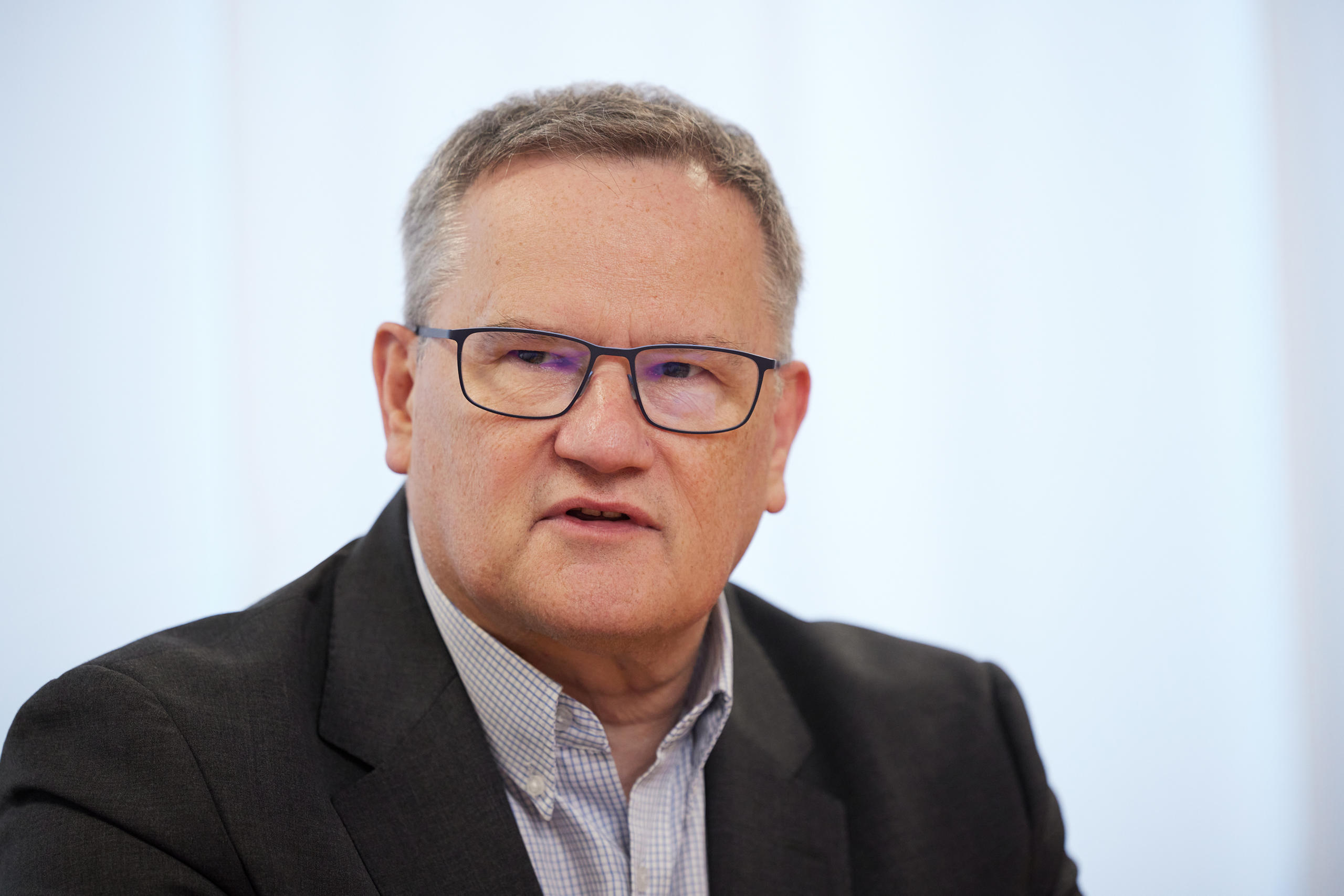
SWI: Positive perspectives can’t obscure the fact that Mikron went through a crisis of its own in the early 2000s and was teetering on the verge of bankruptcy.
M.D.: Indeed. Fortunately, to preserve the Swiss industrial sector, the Ammann Group stepped in and saved the company in 2003. Today, that group remains our principal shareholder and holds nearly 50% of Mikron. Since this rescue operation, the strategy agreed by the board has allowed us to remain competitive and become a leader in our particular niche markets.
SWI: What are the main challenges you’re facing currently?
M.D.: In the past, we were dealing with two or three challenges at the same time. Right now, I can count many more than that, like the electrification of the auto industry, post-Covid restructuring in the aerospace industry, the growth and localisation of the medical sector, the advanced pace of digitalisation – including artificial intelligence – changing expectations among our new employees, all the geopolitical tensions between the great powers, and, of course, the strength of the Swiss franc.
In recent decades, the rise in the value of the franc has forced us to become more efficient, just as the low inflation rate in Switzerland helped us to control cost increases. Nevertheless, it’s essential for the franc to get back to parity with the Euro and the American dollar. Otherwise we’re going to find ourselves in a very tough situation.
SWI: Who’s your competition?
M.D.: Mostly companies based in Germany, Italy and North America, along with the emergence of new players in China. However, the Chinese companies are not yet able to produce machines that have the same standard of performance.
SWI: Has Switzerland been losing ground in the field of machining?
M.D.: Yes, in two principal areas. First, in highly competitive situations where suppliers in other countries are able to offer machine tools of an acceptable quality at attractive prices. Second, when the demand for machine tools tends to be localised in countries with low production costs.
In other words, we’re seeing the manufacture of machine tools in the low and medium range getting transferred out to Asia, textile machines being the typical example here. This is probably why companies like Steiger are finding they need to offshore their productionExternal link of machines to China.
SWI: Does Mikron still make all of its machine tools in Switzerland?
M.D.: Yes, Mikron continues to make all of its machine tools in Switzerland, concentrating on niche markets where customers are looking for a high degree of precision, high productivity and superior quality. These customers expect a long-term return on investment and they value the partnership with Mikron, our Swiss origin and values, symbolic of efficiency, resilience and compliance with regulatory standards.
SWI: Switzerland has concluded about 30 free trade agreementsExternal link, often through the European Free Trade Association (EFTA). Are these important for Mikron?
M.D.: The agreement with the European Union is vital because it means we can export products and import components without having to pay customs charges; this way, too, we can expand our network of subcontractors within the Euro zone.
When it comes to distant countries like China, the agreements mean that our customers benefit from lower customs charges when they import. These reductions are certainly small and gradual, but we mustn’t overlook them, because a reduction like that can mean the difference between winning and losing a contract. What’s more, these accords bring more stability than other comparable instruments, such as the generalised system of preferencesExternal link.
SWI: How does your collaboration work with the watchmaking industry, which is so important to your group?
M.D.: Watchmaking is a field of excellence at all levels. It’s also an industry that depends on jealously-guarded secrets. We are working over the long term with a small number of major Swiss watch brands, but officially we cannot say who they are.
SWI: Could some of these watchmakers produce machine tools themselves?
M.D.: Some watchmakers manufacture very “specialised” machine tools in cooperation with industrial partners, but not machines that are as complex as the ones we make.
SWI: If watchmakers – say Chinese ones – buy machine tools from Mikron, could they go on to make products of the same quality as top-of-the-range Swiss watches?
M.D.: Certainly not, because using quality machine tools is a necessary pre-condition but not a sufficient one.
SWI: How do you combat fake products?
M.D.: We have our own trade secrets, and a few patents as well. Whereas competitors can reproduce our components based on the specifications stated in our patents, or imitate our spare parts, they are still not able to reproduce our solutions. That’s because they don’t know our manufacturing processes and don’t have the specialised know-how to optimise the products.
Edited by Samuel Jaberg
Adapted from French by Terence McNamee/gw

In compliance with the JTI standards
More: SWI swissinfo.ch certified by the Journalism Trust Initiative
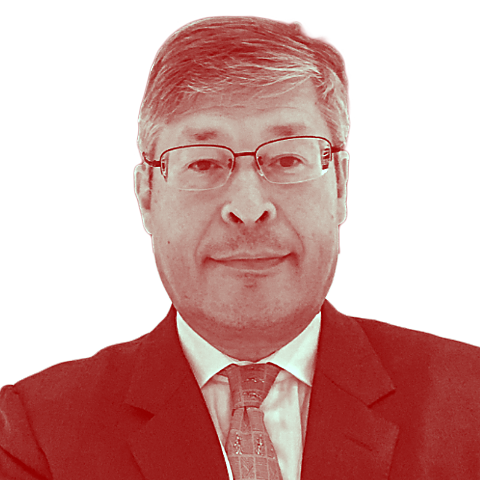
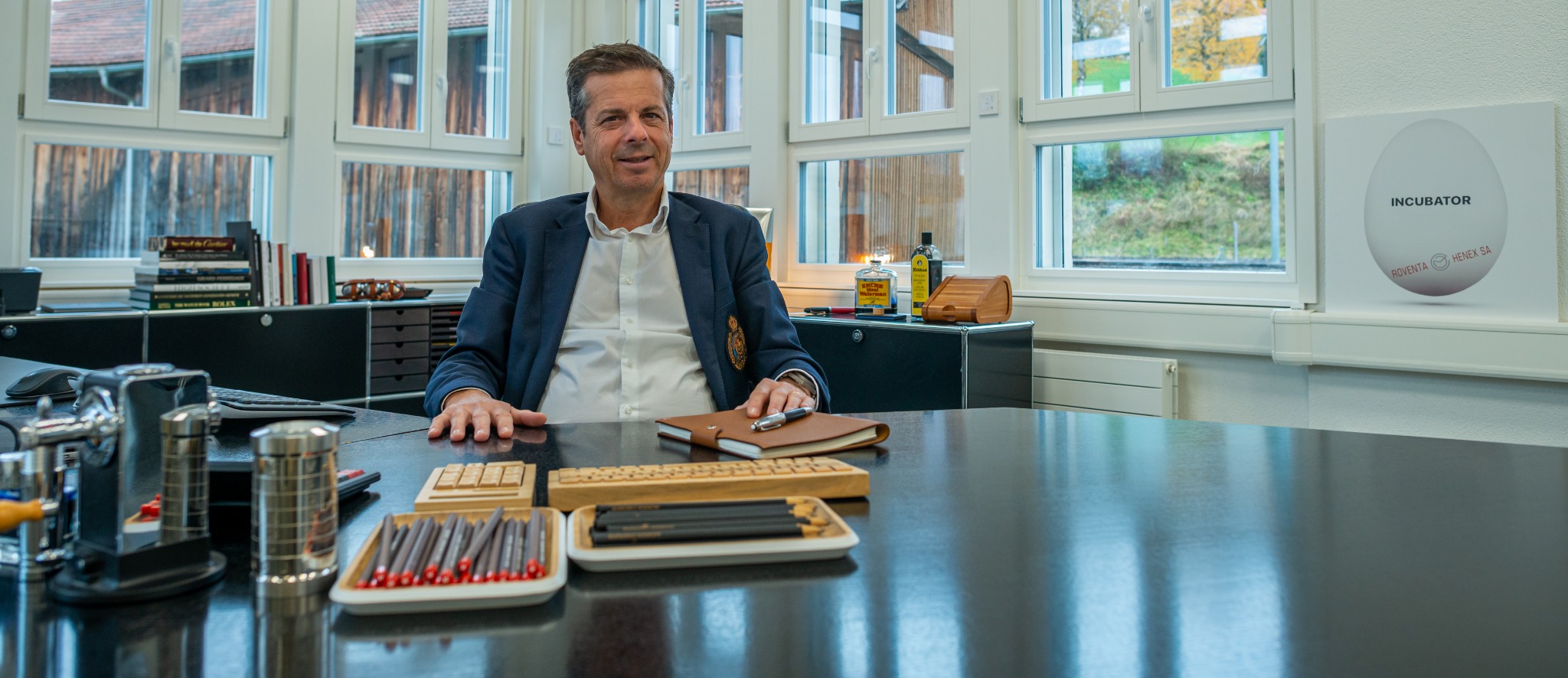
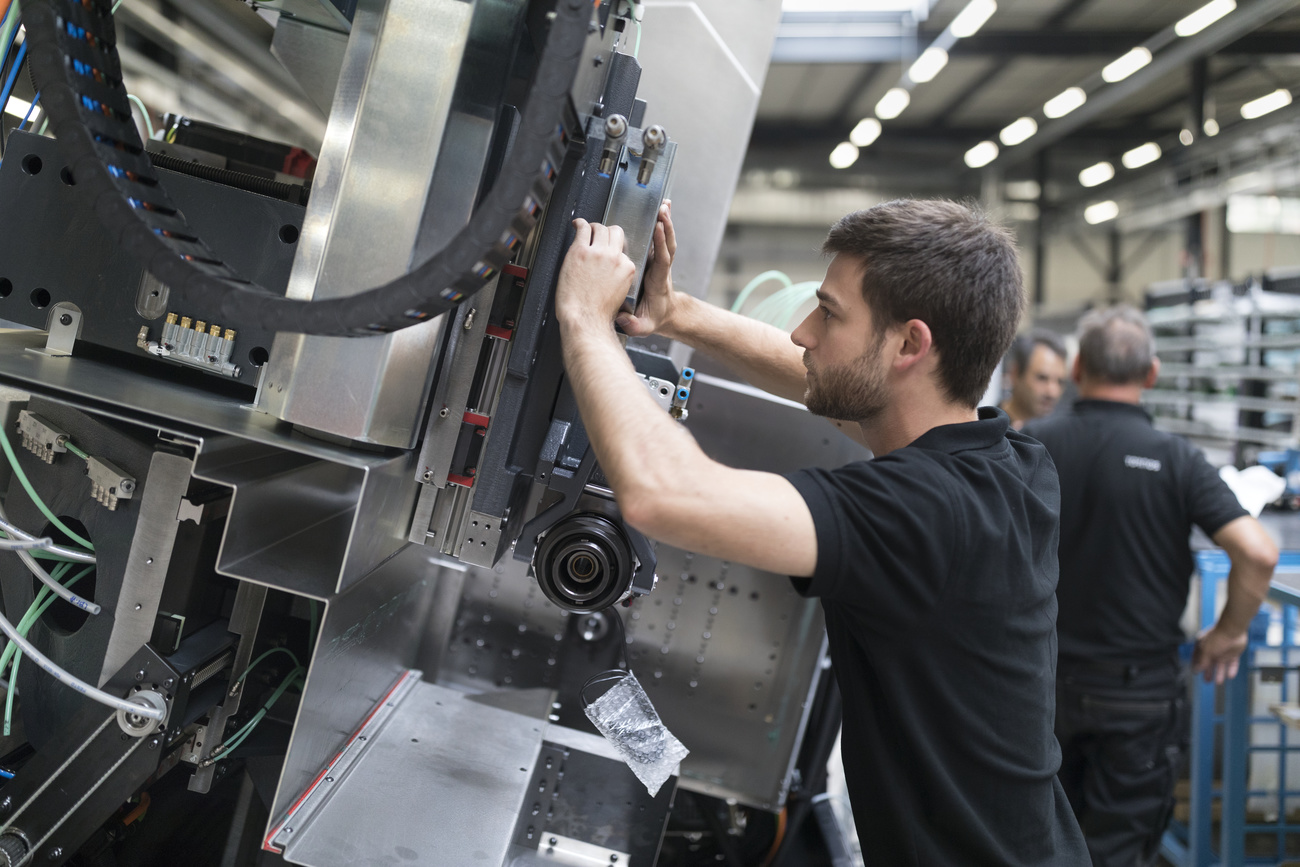
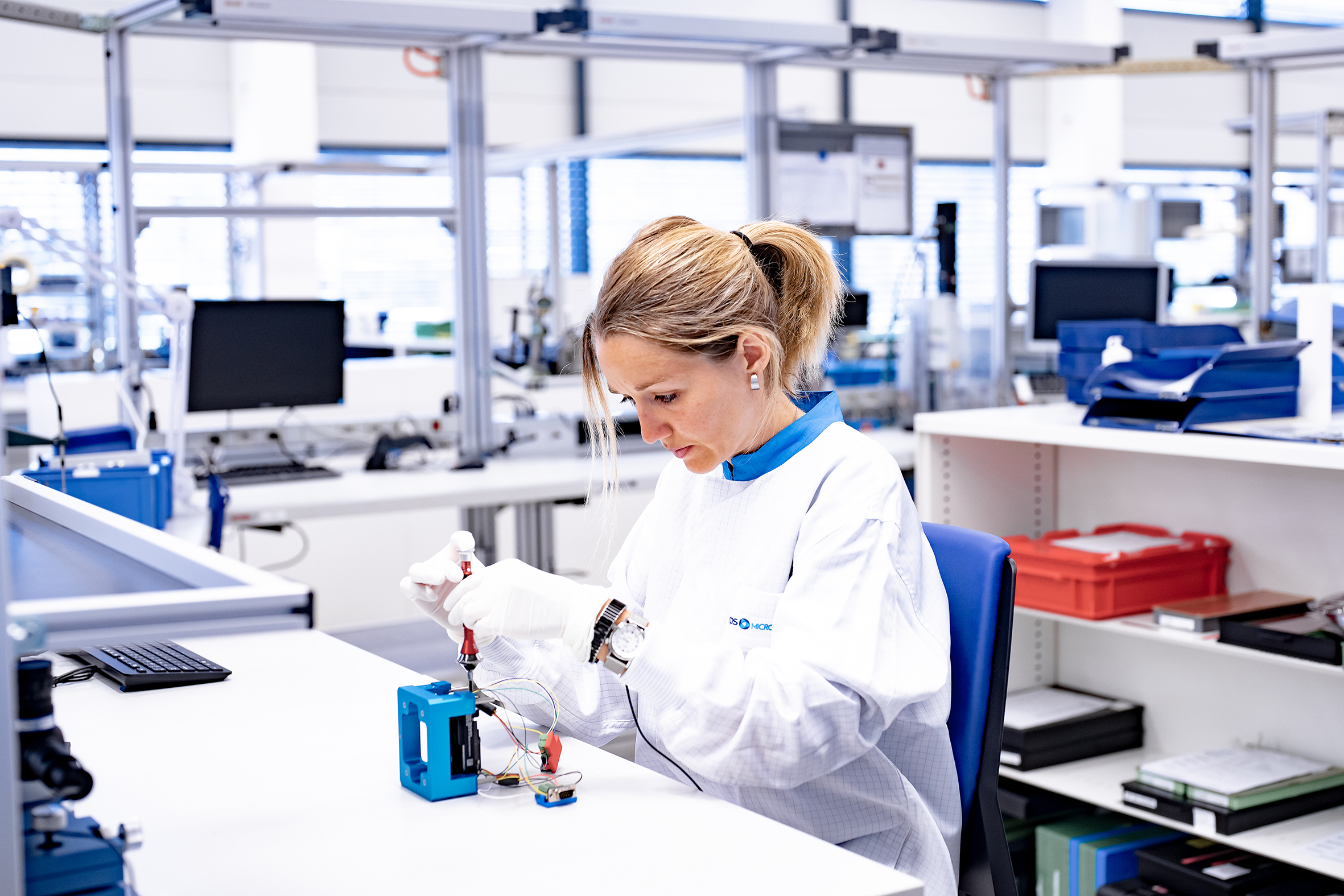
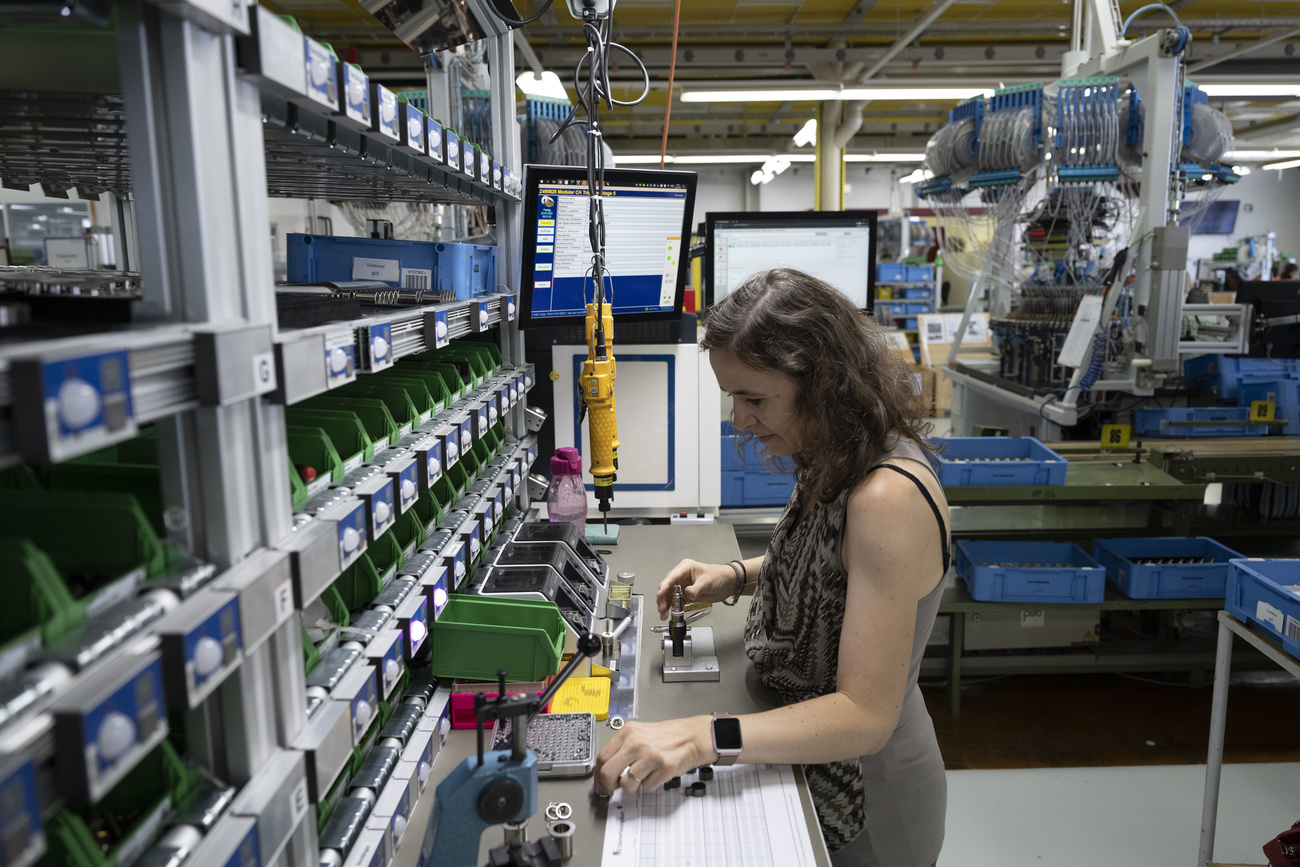
You can find an overview of ongoing debates with our journalists here. Please join us!
If you want to start a conversation about a topic raised in this article or want to report factual errors, email us at english@swissinfo.ch.